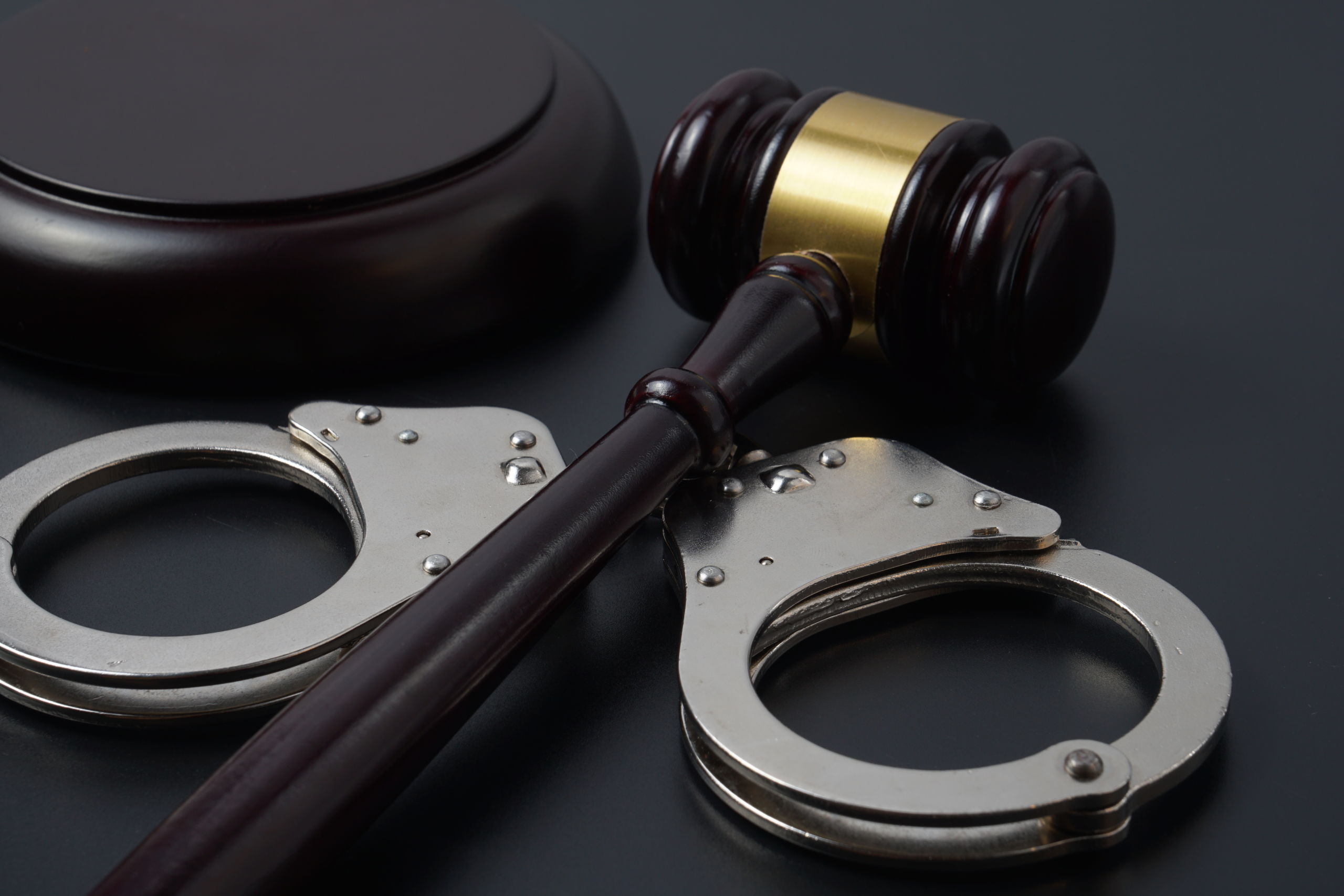
When you get arrested the cop can decide to keep you in custody and bring you before a court. On the first date you appear which is generally within 24 hours, the judge will decide whether or not you should be released into the community, that is the bail hearing date.
Before this date, you will have the opportunity to speak to a lawyer who can negotiate with the crown in order for you to be released if you agree to respect certain conditions. This will often include the necessity to have a surety, which means the person who can pay an amount to the court to ensure you respect your conditions.
The bail hearing is very important because if you are denied bail, you can be held in custody for several months until your trial or at the very least several days or weeks before your detention order is appealed.
In the event the crown refuses to consent to your release, your lawyer will prepare the bail hearing. Typically the crown attorney has the onus to prove that you should be held in custody until your trial. However, there are exceptions.
The judge must determine if the detention is necessary to ensure that you will attend in court when necessary. Moreover, the judge will determine if detaining you is necessary for the protection or safety of the public, including any victim or witness of the offence, or any person under the age of 18 years, and the risk that you commit a criminal offence or interfere with the administration of justice if you were to be released. Finally, the judge may decide that your detention is necessary in order to maintain society’s confidence in the administration of justice. The judge will look at the gravity of the offence, the strength of the crown attorney’s case, the circumstances surrounding the commission of the offence and whether a firearm was used, and if there is potential for a lengthy term of imprisonment.
Having the assistance of a lawyer will greatly increase your chances of being released and into the care of the proposed surety.
If bail is granted in court but you would like to change the conditions, your attorney can try to discuss with the crown attorney who can accept to change the conditions or, if the crown refuses, your attorney will have to go before a judge and justify why the conditions should be changed.

